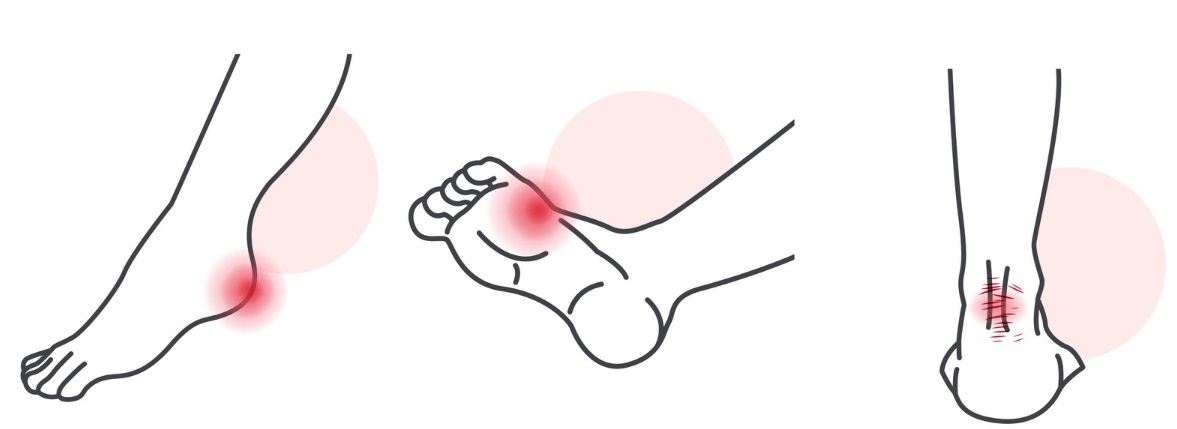Investigating Leptin Regulation of the Human Diabetic Immune System in Nonhealing Diabetic Foot Ulcers
Collaborating on a potential therapeutic approach to preventing lower-extremity amputations in people with diabetes
Date Posted: miércoles, septiembre 01, 2021
Approximately a third of all people living with diabetes develop diabetic foot ulcers. While current treatment is effective for some patients, about half of diabetic foot ulcers become nonhealing and result in amputation. Scientists at the Diabetes Center of Excellence at UMass Chan Medical School believe that can be avoided.
A collaborative team developed a human bone marrow biobank from surgical patients with diabetic foot ulcers to study the diabetic immune system and how it regulates wound healing.
The researchers consisting of Tammy Nguyen, MD, PhD, Silvia Corvera, MD, Michael Brehm, PhD, and Louis Messina, MD, developed a novel method to collect and expand hematopoietic stem cells (HSCs) from patients with and without diabetes. Their studies have identified leptin as an important signaling pathway for wound healing.
“Hematopoietic stem cells play a central role in wound healing,” explained Dr. Nguyen. “Originating from the bone marrow, HSCs give rise to key immune cells called monocytes and macrophages, that are important for wound healing.”
Currently, the effect of leptin on HSC differentiation into monocytes and macrophage is unknown. However, the team hypothesizes that bone marrow leptin signaling may be the key to monocyte-macrophage development in nonhealing diabetic ulcers.
“Our group’s primary goal is to improve patient quality and quantity of life by preventing lower-extremity amputations from nonhealing diabetic foot ulcers,” she said. “We chose to submit our project to be considered for a PACE Award because we wanted to highlight our translational research project and promote the importance of developing new research through cross specialty collaborations.”
The UMass Memorial Medical Group's Prize for Academic Collaboration and Excellence (PACE) supports UMass Memorial physician-scientists. As a runner up for the prize, UMass Memorial Medical Group will help this team of diabetes researchers to identify potential sources of additional funding to help facilitate their collaborative work.
“We are incredibly grateful for the opportunity to present our research and feel confident that with continual support from leadership we will be able to move forward with our discoveries,” added Dr. Nguyen.
Related Articles
Nguyen Lab Discovered a Distinct Class of Stem Cells Develop from Yellow Bone Marrow in Humans
Free Diabetes Foot Screening & Health Clinic For the Underserved Community
